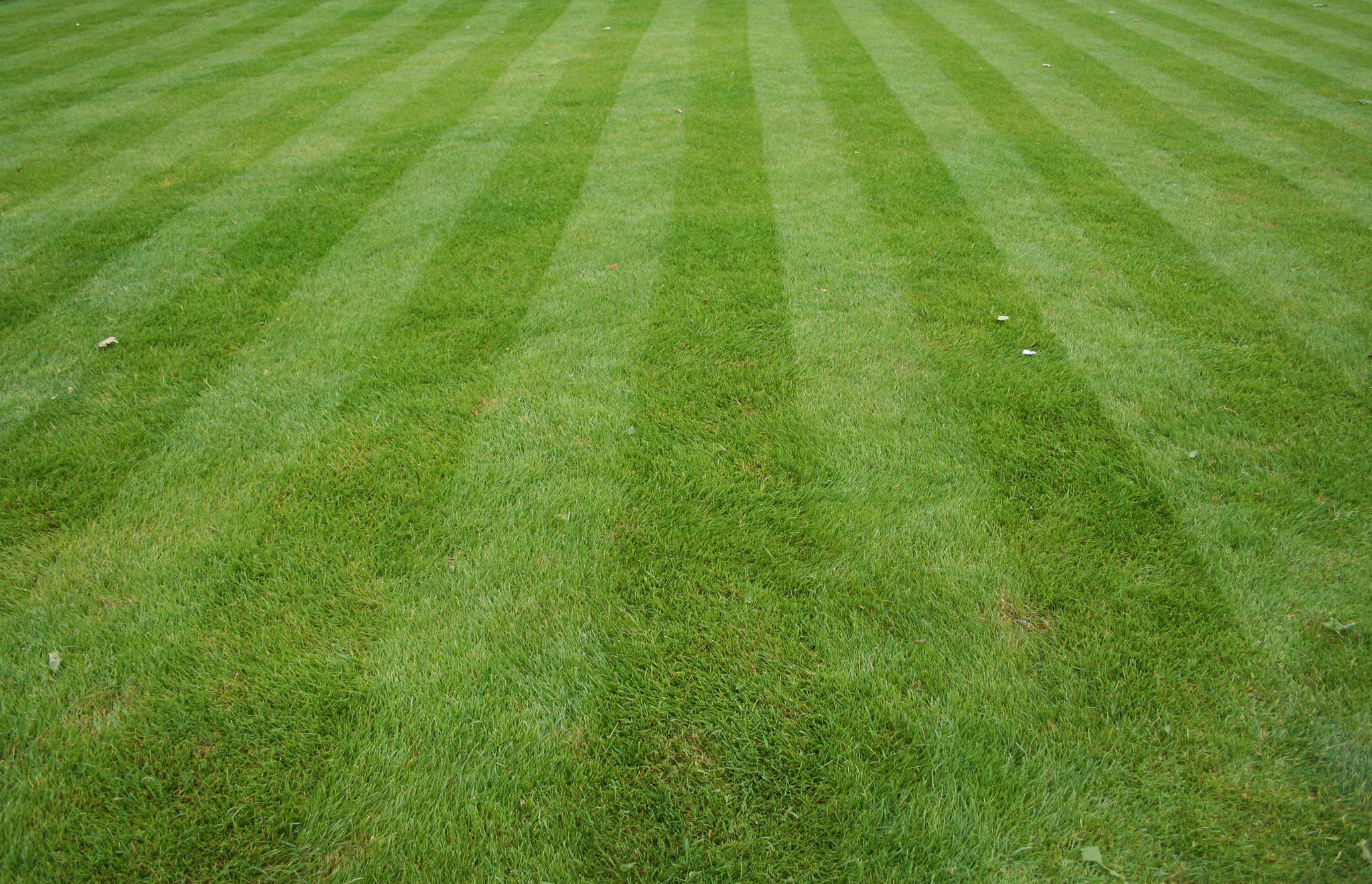Top Myths About Lawn Care Debunked by qathet Experts
Tl
Understanding the Basics of Lawn Care
Lawn care is a science and an art, yet it's surrounded by numerous myths that can mislead homeowners. These misconceptions often lead to improper lawn maintenance, resulting in unhealthy grass or wasted resources. Today, we turn to the experts from qathet to debunk some of these prevalent myths and set the record straight.

Myth 1: Watering at Night is Best
A common belief is that watering your lawn at night is more effective because the water will not evaporate as quickly. However, this practice can actually encourage fungal diseases due to prolonged moisture on the grass blades. Instead, experts recommend watering early in the morning, allowing the grass to dry out during the day.
Myth 2: Shorter Grass Means Less Mowing
Many people think that cutting the grass very short means they won't have to mow as often. While this might seem convenient, it can harm your lawn. Mowing too short, also known as scalping, stresses the grass and makes it more susceptible to weeds and pests. The recommended practice is to mow regularly and maintain a grass height of at least 3 inches.

The Importance of Soil Health
Healthy soil is the foundation of a thriving lawn, yet it is often overlooked in favor of more visible aspects like watering and mowing. The condition of your soil affects everything from nutrient availability to water retention and root growth. Ensuring your soil is healthy can make all the difference in achieving a lush lawn.
Myth 3: Fertilizing Frequently is Necessary
While fertilization is important, doing it too often can lead to nutrient runoff and environmental damage. Over-fertilization can also cause rapid growth that's unsustainable and weakens the grass over time. A balanced approach using a slow-release fertilizer once or twice a year is usually sufficient for most lawns.

Myth 4: All Weeds Are Bad
Weeds are typically seen as a nuisance, but some can actually indicate the condition of your soil. For instance, clover can enrich soil by fixing nitrogen levels. Understanding which weeds are detrimental and which might be beneficial can help guide your lawn care strategy.
Conclusion: Tailoring Lawn Care to Your Needs
Ultimately, lawn care should be tailored to your specific environment and needs. By understanding and debunking these common myths, you can create a more effective maintenance plan that promotes a healthy, vibrant lawn. Remember, the key to success is not just in following trends but in listening to the expertise and advice of professionals who understand the intricacies of lawn care.
With these insights from qathet experts, you're better equipped to nurture your lawn into a thriving green space that enhances the beauty of your home.
